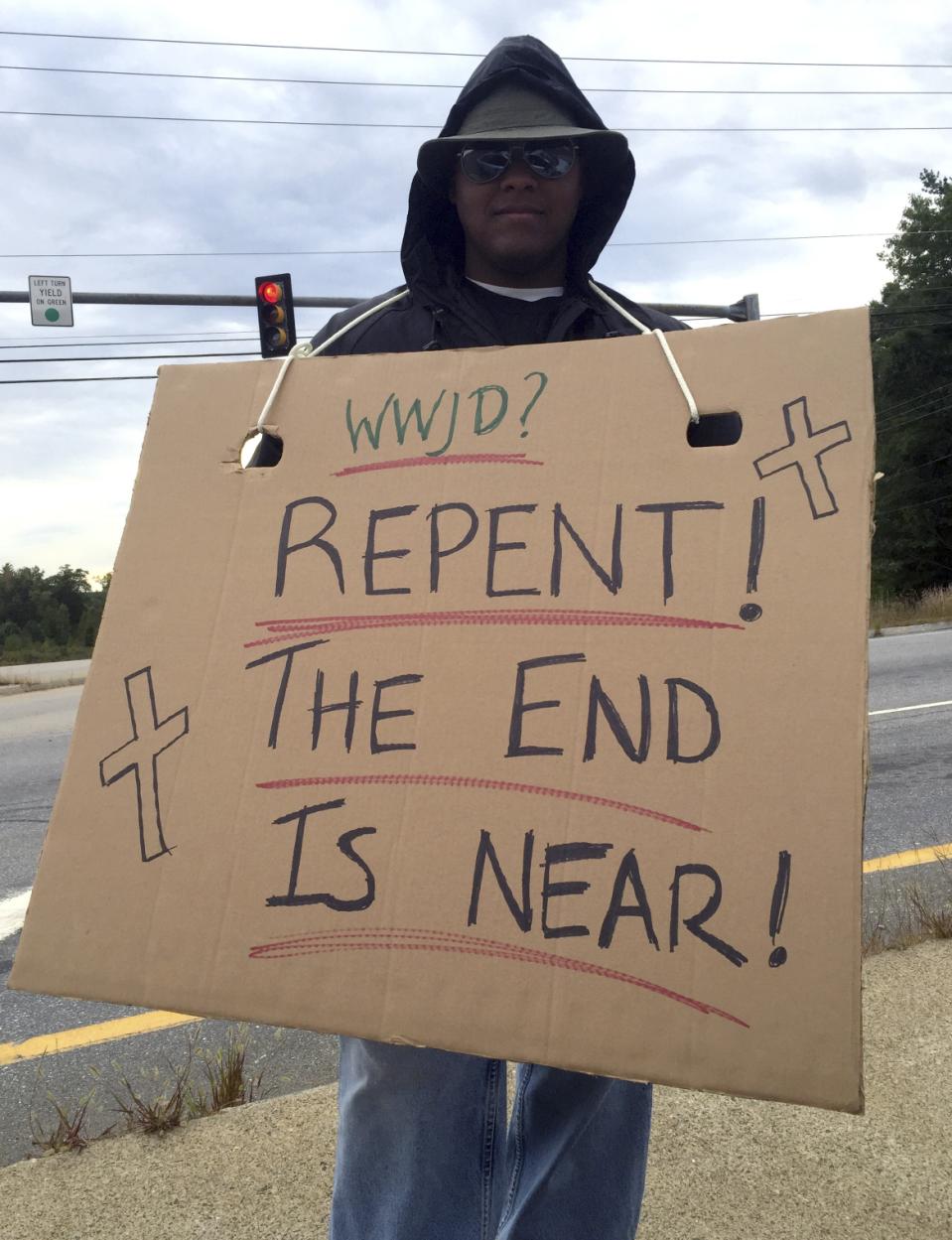
Our Ladies Bible study group is studying the Sermon on The Mount and we’ve been in The Beatitudes – the “Blesseds” – for the past couple of weeks. But did you know that there is another “Blessed” from Jesus? It is addressed first to Thomas, and I contend is also for believers of the past two-thousand-plus years.
After His resurrection, Jesus appeared to His disciples and showed them His hands and side and imparted the Holy Spirit to them. John said, “The disciples were overjoyed when they saw the Lord” (20:20). That is probably an understatement. But Thomas missed the whole thing, and when they told him, “We have seen the Lord,” he didn’t believe it. He said, “Unless I see the nail marks in his hands and put my finger where the nails were, and put my hand into his side, I will not believe it” (v. 25). Not just “cannot” but “will not” believe. That sums up a lot of attitudes in the world toward the resurrected Jesus. Another week goes by and all of the disciples – including Thomas – are together and Jesus again appears. He called out to the doubter, “Put your finger here; see my hands. Reach out your hand and put it into my side. Stop doubting and believe” (v. 27). And Thomas did. He replied, “My Lord and my God!” (v. 28). Jesus pointed out that Thomas’ believed only because he could see. Then He pronounced what many have called, “the last and greatest beatitude.” “Blessed are those who have not seen and yet have believed” (v. 29).
Have you ever seen Jesus with your physical eyes, Beloved? Me neither. But we believe. We believe because we have seen Him through the eyes of faith. And Jesus said that we are blessed. Faith is hard, especially when you can’t look Jesus in the face and hear His actual voice. And especially when the world is telling you that your faith is misplaced, that you’re trusting in a “genie in the sky.” But you and I have “seen” what they don’t see. Not that they can’t, but that they won’t. We know that He is real. We know that He died for our sins. We know that He was raised to life. And we know that He is coming again. Because we have seen Jesus with our hearts.








